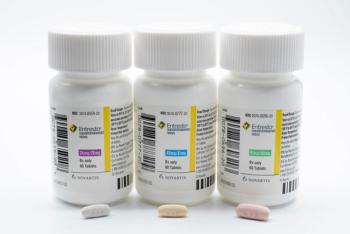
Novartis says the drug may be appropriate for five out of six Americans with chronic heart failure.

Novartis says the drug may be appropriate for five out of six Americans with chronic heart failure.
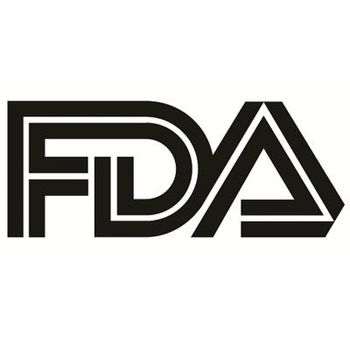
The approval come following the results of a phase 3 trial.

The prevalence of heart failure is increasing as the demographic profile of the American population gets older.

Attention is turning this year to heart failure with preserved injection fraction.

A remote monitoring system detects indicators of worsening heart failure.

Philip Adamson, M.D., M.Sc., details the relationship between cardiovascular manifestations and COVID-19.

Using AI and real-world data, investigators identify drugs that can be used to treat heart disease.

New study findings demonstrate patients with treatment-resistant hypertension rarely get tested for primary aldosteronism.
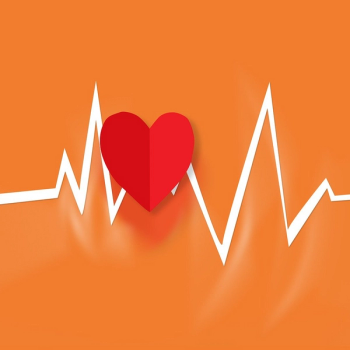

The panel supports an expanded indication but struggles to reach consensus on what an expanded label might look like.

The NDA submission comes following the results of a phase 3a trial.
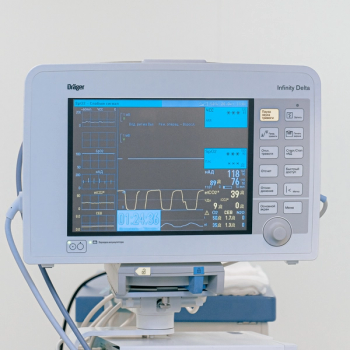
Women have an increased risk of heart disease in the years leading up to menopause.

The idea that social factors affect health outcomes is not new, but new research suggests total number of social determinants of health is a valuable proxy for coronary heart disease risk.

Women are disproportionately affected by heart failure after heart attacks, according to a Canadian study.

While glucocorticoids are widely used to reduce inflammation in patients with many inflammatory diseases, doctors don’t know whether a low to moderate glucocorticoid dose increases cardiovascular risk.
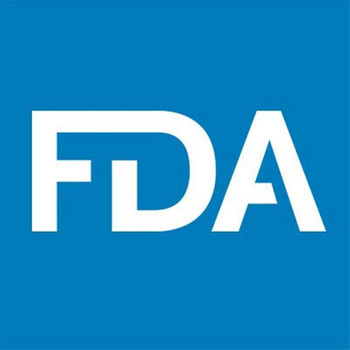
FDA approves several drugs to treat rare conditions in both cancer and metabolic diseases.

Entresto (sacubitril-valsartan) didn’t get a lot of love from payers after it was approved in 2015 because of its expense and the crowded armamentarium for heart failure. But Entresto has since made its way into guidelines for reduced ejection fraction heart failure, sometimes called systolic heart failure.

Updates from the American Heart Association Scientific Sessions.
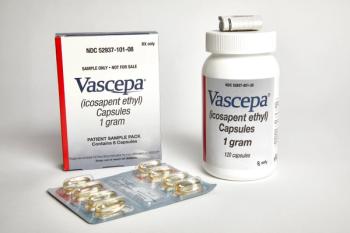
A Cleveland Clinic scientist stopped short of saying doctors should take patients off Vascepa, but he said he has questions due to the lack of a "neutral comparator."

Overall, the Polycap polypill (simvastatin, atenolol, hydrochlorothiazide, ramipril) falls well short of the high expectations for the polypill approach to cardiovascular disease risk reduction.
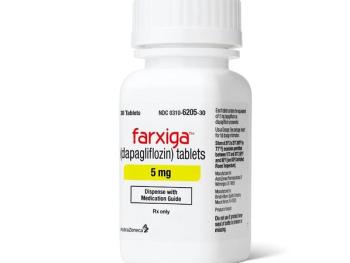
The findings are the first in a series of six studies involving a registry supported by drug makers in the diabetes, cardiovascular, and heart failure space.

The first in a new class of drugs that targets the cardiac muscle is especially effective in patients with the most serious heart failure.

Biogen's controversial therapy hits headwinds with panel; stroke indication for Brilinta.

FDA approves new uses for companion diagnostics, while Janssen seeks a new indication for Xarelto.
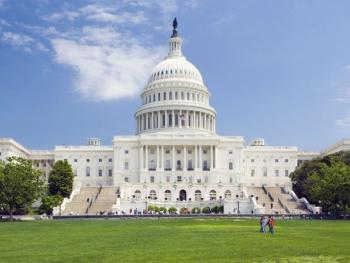
The legislation follows an investigation that highlighted how minorities experience much higher rates of lower limb amputation than whites.